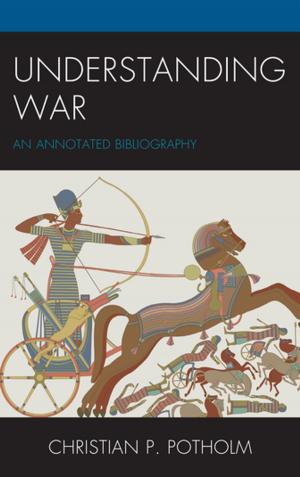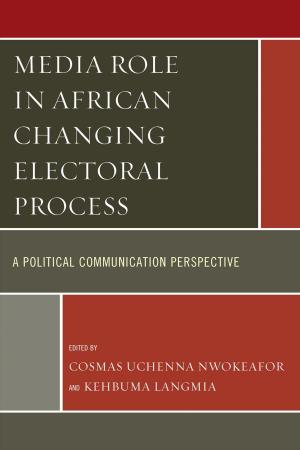Crazy Culture
The Sins of Civilization
Nonfiction, Social & Cultural Studies, Social Science, Cultural Studies, Popular Culture, Religion & Spirituality| Author: | Peter Heinegg | ISBN: | 9780761856849 |
| Publisher: | UPA | Publication: | February 15, 2012 |
| Imprint: | UPA | Language: | English |
| Author: | Peter Heinegg |
| ISBN: | 9780761856849 |
| Publisher: | UPA |
| Publication: | February 15, 2012 |
| Imprint: | UPA |
| Language: | English |
Crazy Culture is a series of broadsides against many widely held misconceptions in both academe and the general public, who is often seen clustering under the politically correct banner of multiculturalism. Heinegg confronts the notion that all culture—especially that of non-westerners and oppressed minorities—is somehow good in itself and that outsiders have no right to criticize or condemn any cultures except their own. He also challenges the view that the term “culture” applies primarily to a handful of masterpieces, as opposed to the great bulk of artistic products and folkways, and that the proper attitude toward the vast spectrum of culture, past and present, is sentimental admiration. Surveying both the history and ideology of cultural realms such as our treatment of animals, religion, sexual norms, politics, economics, urban life, the arts, and athletics, Heinegg deftly identifies and explains ubiquitous traces of cultural sins by humanity.
Crazy Culture is a series of broadsides against many widely held misconceptions in both academe and the general public, who is often seen clustering under the politically correct banner of multiculturalism. Heinegg confronts the notion that all culture—especially that of non-westerners and oppressed minorities—is somehow good in itself and that outsiders have no right to criticize or condemn any cultures except their own. He also challenges the view that the term “culture” applies primarily to a handful of masterpieces, as opposed to the great bulk of artistic products and folkways, and that the proper attitude toward the vast spectrum of culture, past and present, is sentimental admiration. Surveying both the history and ideology of cultural realms such as our treatment of animals, religion, sexual norms, politics, economics, urban life, the arts, and athletics, Heinegg deftly identifies and explains ubiquitous traces of cultural sins by humanity.















